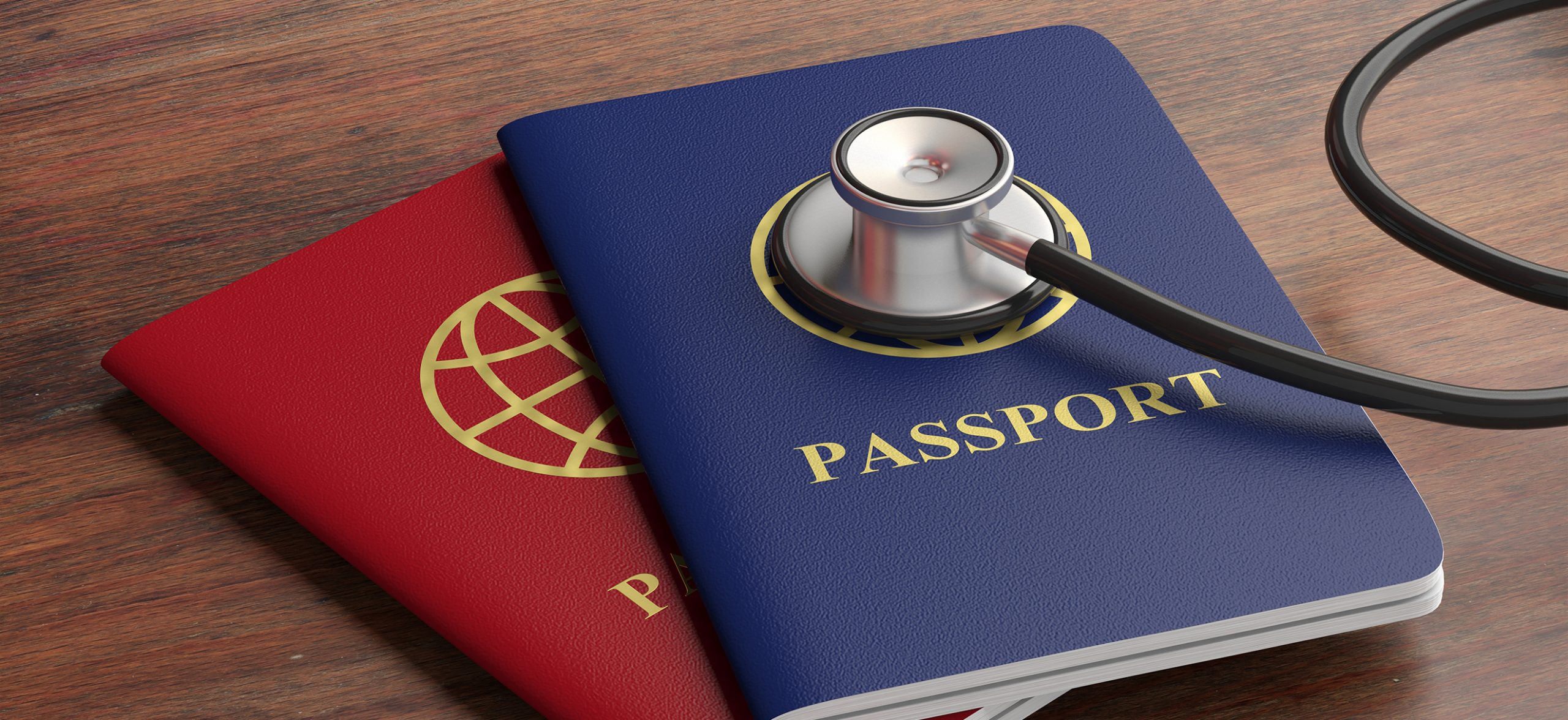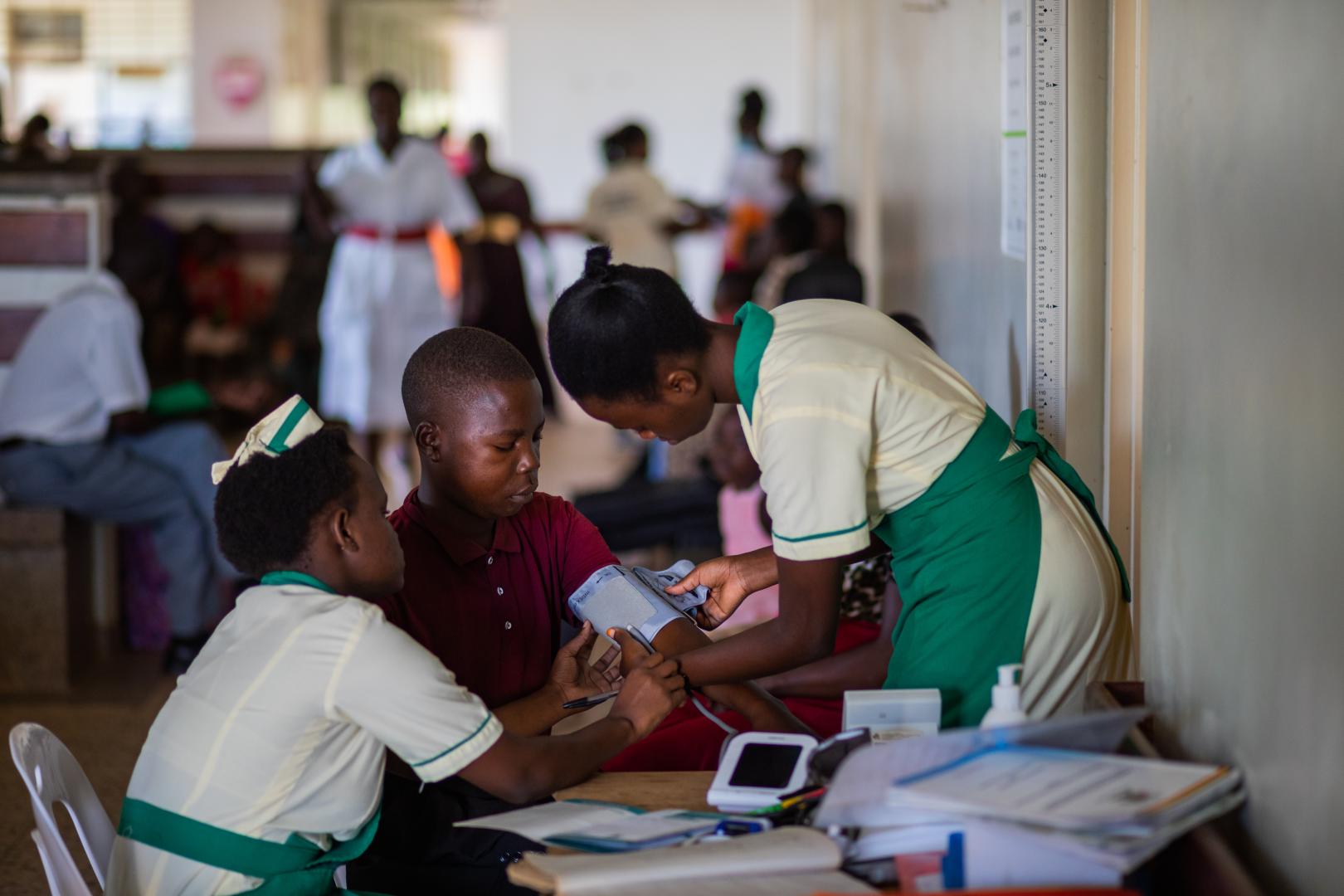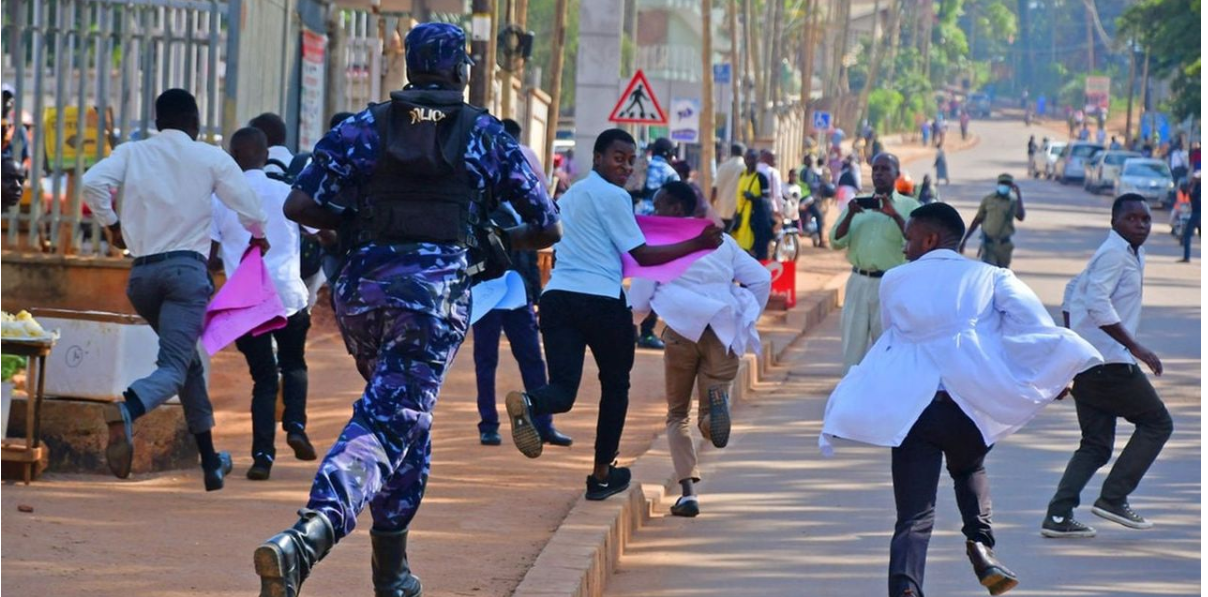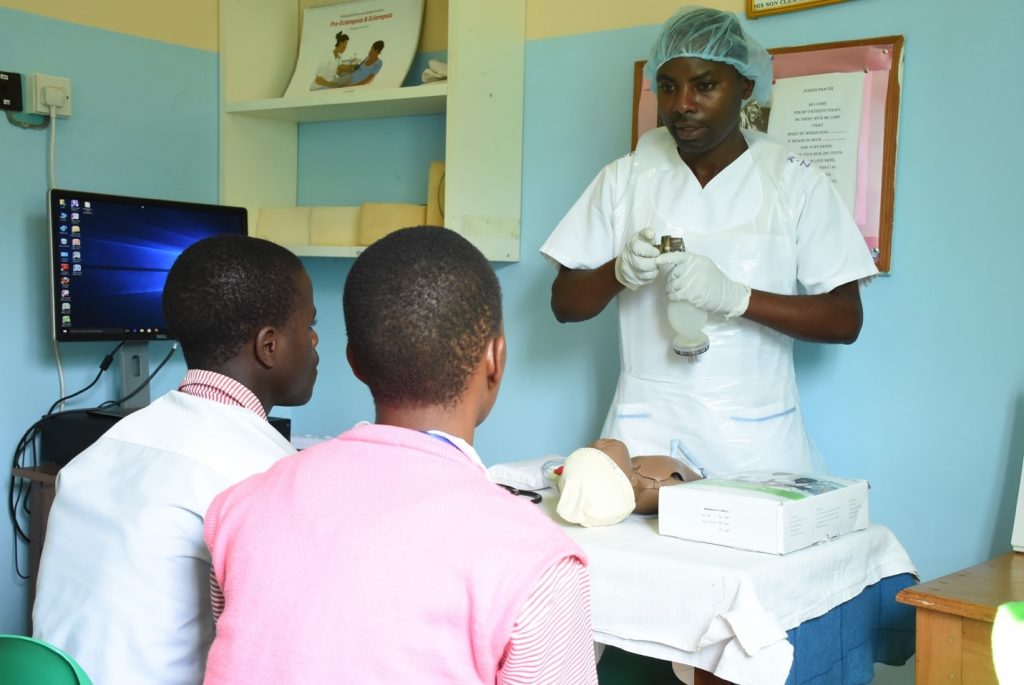Kenya’s public health sector is at risk of a collapse as a countrywide doctors’ strike stretches into the second month with no solution in sight, warns the national doctors’ union.
Davji Atellah, secretary general of the Kenya Medical Practitioners, Pharmacists and Dentists Union (KMPDU), said that health services had come to a near standstill due to a lack of medical personnel, equipment and medical supplies, after the union went on strike in mid-March.
“We have been giving minimal service during the period of the strike, including in critical care and emergency units in public hospitals, but that is now in jeopardy unless the government sits and talks with the doctors,” Atellah said.
He warned that non-emergency but essential services such as immunisation and maternal and child health could grind to a halt in many facilities.
“On average, one intern can perform 20 Caesarian sections in one weekend alone.”
Muinde Nthusi, chairman of the Kenya Medical, Dental and Pharmacy Interns Liaison Committee
The KMPDU, which represents over 7,000 members, is demanding the implementation of an agreement signed in 2017 to improve pay and conditions and recruit more doctors.
With talks so far failing to resolve the dispute, many patients, especially the poor, are left waiting for treatment.
Moses Othim had an accident last year and needs physiotherapy twice a week at the Kenyatta National Hospital, in Nairobi.
“I have made several trips to Kenyatta but got no services,” he told SciDev.Net.
“You go there and sit and wait. No one attends to you and no one tells you anything.
“It’s like we now go to hospital to die.”
On 17 April, the High Court in Nairobi ordered the government to initiate talks with the doctors to end the strike. It also directed hospitals to provide sufficient staff coverage to run the minimum services for patient safety.
Last week (2 May), the Employment and Labour Relations Court sitting in Nairobi ordered the government and the striking doctors to sign a return-to-work formula and deposit it in the court today (6 May).
“The government must stop its grandstanding and come to the table and negotiate with the union to avert a major crisis,” Atellah told SciDev.Net.
“At this point it’s the government which is on strike, because it has abdicated its role to take care of the welfare of the doctors.
“A doctor who cannot pay his bills is useless to the patient.”
Trainee doctors
The KMPDU has said the strike will continue until the government honours the Collective Bargaining Agreement (CBA) signed in 2017 to regulate employment terms and conditions, which has never been fully implemented.
“Issues raised in the CBA are compelling both in terms of doctors’ welfare and for the health sector as a whole and we cannot compromise,” Atellah said.
At the centre of the union’s grievances is the demand for the government to pay trainee doctors, known in Kenya as interns, a basic salary of US$1,800 a month.
Instead, the government has since reduced the salaries for interns to US$400 a month, citing a lack of resources.
“This move is contemptuous and a violation of the CBA because it means even doctors on employment are now not safe from such arbitrary action by the government,” said Atellah.
According to Muinde Nthusi, chairman of the Kenya Medical, Dental and Pharmacy Interns Liaison Committee, interns make up to 70 per cent of the workforce in government health facilities and are overworked.
“On average, one intern can perform 20 Caesarian sections in one weekend alone,” Nthusi told SciDev.Net.
“Not to mention the huge demand on them from the chronic emergency and critical care sections of public facilities.
“It is important that the government prioritises the welfare of the interns by first employing them permanently and paying them well.”
In 2020, Kenya’s healthcare spending was around US$83 per capita or 4.3 per cent of Gross Domestic Product (GDP), according to World Health Organization figures.
The country has strived to increase health spending in recent years, but corruption and wastage of public resources continue to plague the public health system.
Kenya lost Sh2.3 billion (about US$ 17 million) at the height of the COVID-19 pandemic in a scandal involving the country’s medical procurement agency Kemsa.
The country’s Ethics and Anti-Corruption Commission has ranked the Health Ministry as the second most corrupt department after the Ministry of Interior.
According to the KMPDU, the doctor-patient ratio in Kenya is 1:17,000 – well below the WHO recommended ratio of 1:1,000 – despite the country having more than 3,000 unemployed doctors.
SciDev.Net tried to contact the office of health cabinet secretary Susan Nakhumicha for comment on the ongoing strike and issues of corruption in the ministry but received no reply.
Patrick Amoth, acting director general at the Ministry of Health, said he was too busy to respond to our queries.
This piece was produced by SciDev.Net’s Sub-Saharan Africa English desk.









